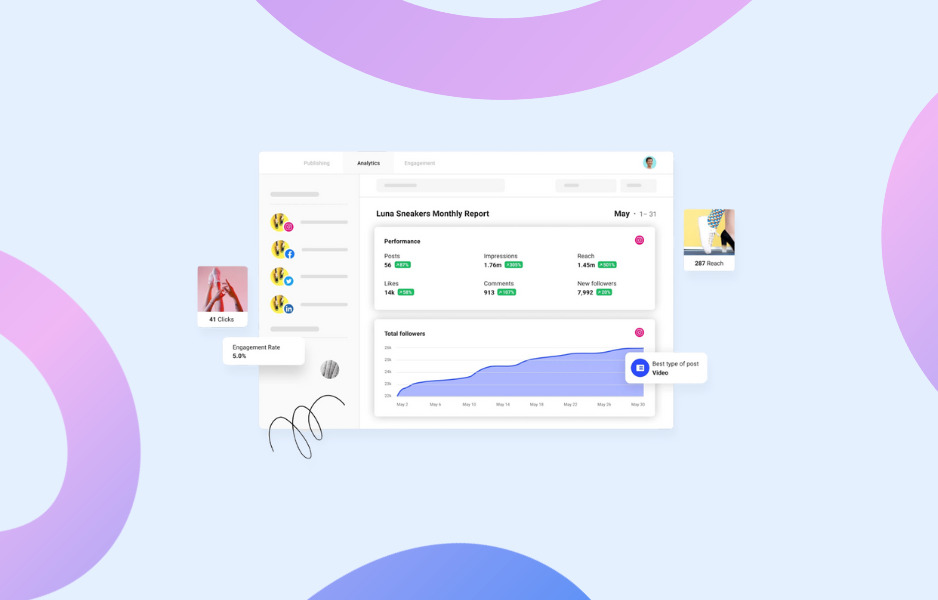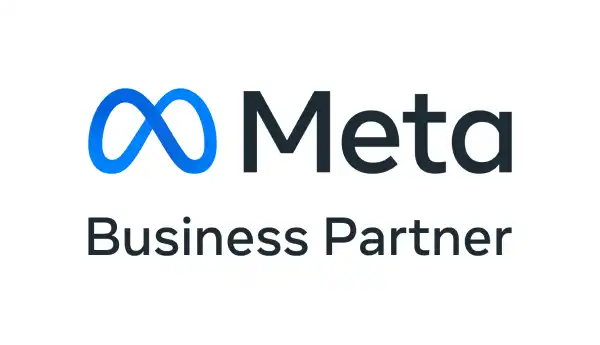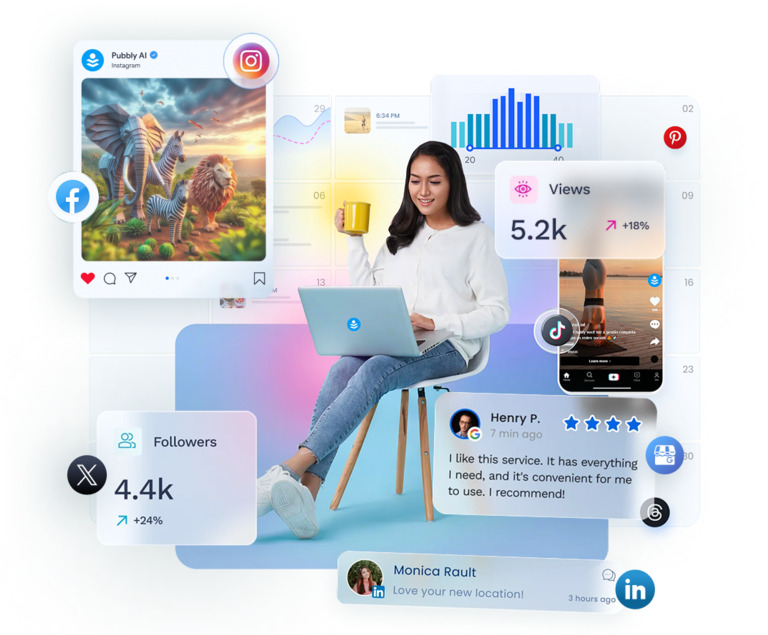Unlock the true power of social media with efficient social media analytics for Social Media.
Understanding how your campaigns are performing is the first step to improving engagement and achieving consistent results.
In this article, you will learn how to evaluate essential social media metrics such as reach, click-through rate, comments, and conversions to optimize your presence on Instagram, Facebook, Twitter, and other platforms.

What is Social Media Analytics?
Social media analytics is the process of monitoring and interpreting the data generated by your platforms, such as likes, comments, shares, and followers.
This practice helps understand audience behavior, identify trends, and measure the success of digital marketing strategies.
With analytics, you can discover which content generates the most engagement, allowing you to adjust your campaigns to achieve better results.
Some specialized tools make this task even easier by gathering essential metrics in a single dashboard for streamlined management.
Why is Social Media Analytics Important?
Social media analytics is essential for understanding the impact of your marketing actions and the behavior of your audience.
With it, you can identify which strategies are working, which need adjustments, and how to optimize your efforts to achieve better results.
Additionally, tracking metrics such as engagement, reach, and conversions allows you to make data-driven decisions, ensuring more efficient and targeted campaigns.
In a competitive market, regularly conducting analysis is the key to building a strong digital presence and gaining more visibility on social media.
What Are the Key Social Media Metrics and Why Do They Matter?
Understanding social media metrics is essential for evaluating the performance of your content and identifying opportunities for improvement.
These metrics provide valuable insights into audience interaction with your brand, helping to refine strategies and achieve more consistent results.
The first step in social media analytics is comparing current data with previous periods, such as the past month and year. This helps identify trends, successes, and areas that need improvement.
Key Social Media Metrics
Engagement: This metric evaluates the level of audience interaction with the content, considering likes, comments, shares, and mentions.
It allows you to identify the type of content that captures the audience’s attention the most and adjust it for greater efficiency.
Impressions and Reach: Impressions indicate the total number of times your content was displayed, while reach shows how many unique people viewed your posts.
Analyzing these data together helps to understand the actual performance of the campaigns.
Engagement Rate: It is the ratio between the number of interactions and reach or impressions. This metric reflects the content’s relevance to the audience and helps identify posts with the best performance.
Mentions and Sentiment: Mentions of your brand or account, both positive and negative, provide insights into audience perception and help manage brand reputation.
Conversions: For campaigns focused on sales or lead generation, tracking conversions is essential. They show the impact of your social media on business outcomes.
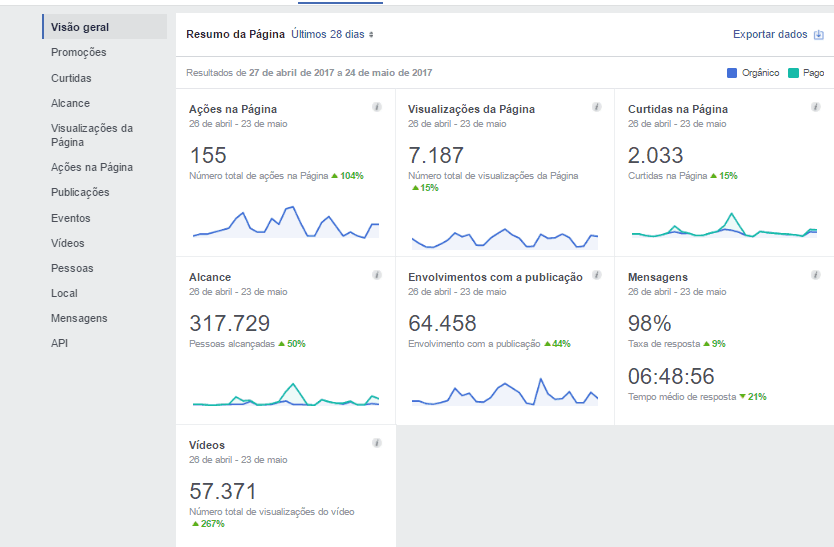
By regularly analyzing these metrics, you can create a clear timeline for your content, identify what is working, and replicate successful strategies to boost your digital presence.
How to Perform Social Media Analytics: 5 Essential Steps
Performing a good social media analytics involves several key steps. That’s why we’ve created a step-by-step guide to help you through the process. Check it out!
1. Set Clear Goals
Start by identifying what you want to achieve: increase engagement, improve brand visibility, generate leads, or evaluate specific campaigns.
2. Choose Relevant Metrics
Select indicators that align with your goals, such as likes, shares, conversion rate, or clicks.
3. Use Analytics Tools
Access tools like Facebook Insights, Instagram Analytics, Google Analytics, or Pubbly to gather detailed data on performance and reach.
4. Analyze Trends and Patterns
Observe peak engagement times, top-performing content, and audience preferences to adjust your strategies.
5. Adjust and Continuously Monitor
Based on the insights gathered, refine your strategy and monitor regularly to adapt to changes and maintain consistent results.
The 7 Best Social Media Analytics Tools
And finally, we want to share with you 7 essential tools for those who want to generate valuable insights from social media analytics.
These tools help analyze detailed social media metrics, allowing you to better understand the impact of your actions on social media.
With them, you can optimize your strategies more effectively.
1. Mention
Mention is a powerful tool for brand monitoring, competitor tracking, campaign analysis, and even industry trend spotting.
It allows you to track online conversations in real-time, identifying what is being said about your brand or competitors on social media.
Another benefit is that with Mention, you can manage all your brand’s interactions on Facebook, Instagram, and Twitter, responding quickly to mentions and engaging with your audience effectively.
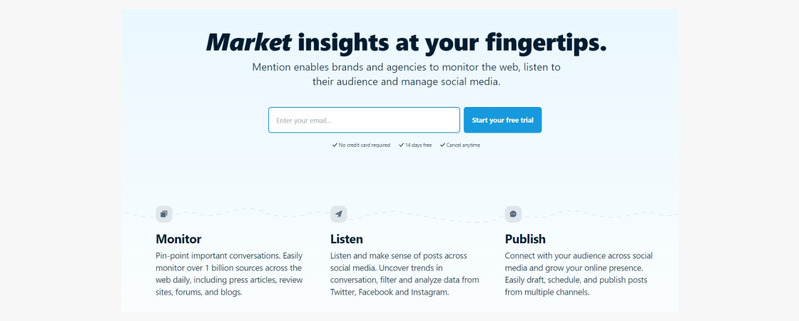
2. Google Alerts
Google Alerts is a tool that monitors the web for relevant mentions of your brand, competitors, or industry trends.
You can set up email alerts for specific keywords, such as your brand name, products, or topics of interest.
The platform is free, easy to use, and ideal for those with little experience in monitoring.
To get started, simply log into your Google account, go to Google Alerts, and enter the desired keyword.
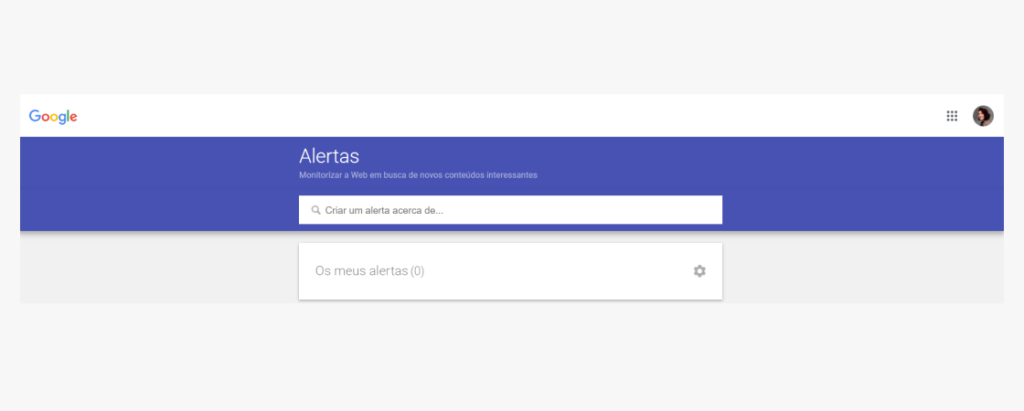
3. Brand24
Brand24 allows you to monitor mentions of your brand, hashtags, and keywords, providing insights into what is being said about your products, brand, or industry.
The tool provides detailed mention analytics and uses an “Influencer Score” to identify relevant influencers in your niche.
Additionally, it offers sentiment analysis to better understand the tone of conversations.
With plans starting at $49/month, Brand24 is a great option for businesses of all sizes.
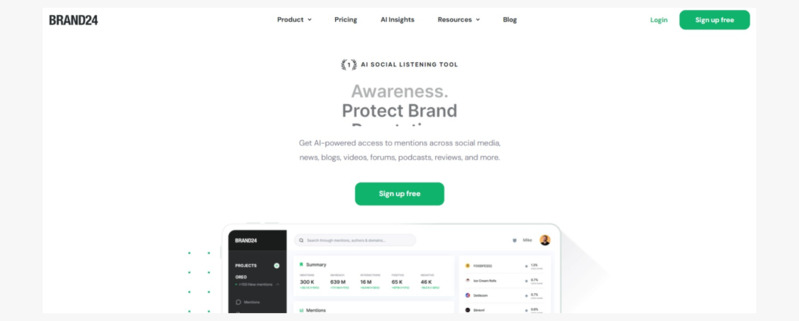
4. Keyhole
Keyhole is a social listening and influencer analytics platform, ideal for businesses and individuals looking to measure the impact of their marketing efforts.
It allows real-time monitoring of online campaign performance, providing detailed data on the results.
The tool also tracks the performance of specific hashtags on Twitter and Instagram, including reach, impressions, and related topics.
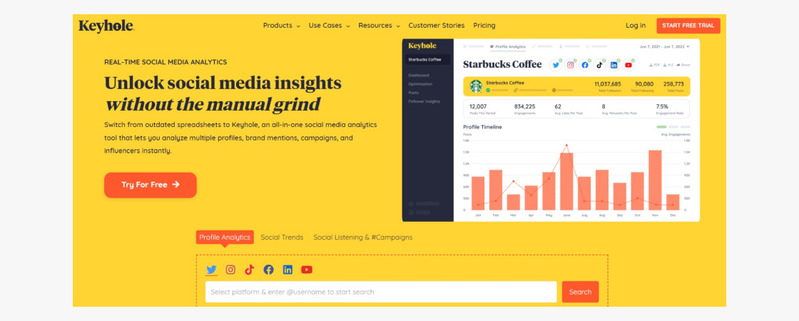
5. Buzzsumo
BuzzSumo is a powerful tool for social media and web analytics and monitoring.
It allows marketers to identify the most popular and shared topics, helping in the creation of relevant content and gaining valuable insights.
With BuzzSumo, you can discover which content is being shared the most, track brand and competitor performance, and monitor backlinks and influencers.
Additionally, the tool offers a social media search function that helps find and analyze the most successful content within a specific niche.
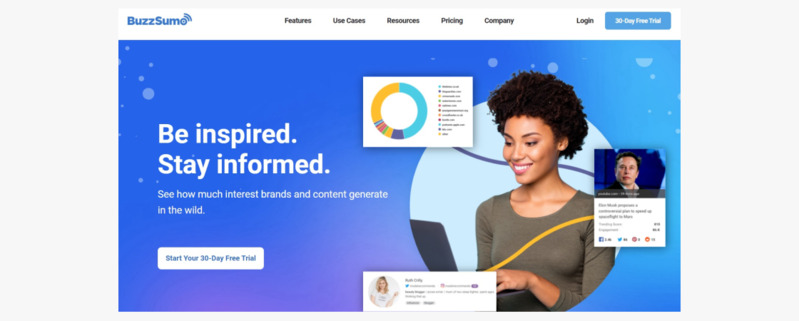
6. NodeXL
NodeXL is a graph visualization tool for Microsoft Excel, designed to analyze and map contacts and interactions on social media.
It streamlines the process of collecting, storing, and analyzing data, providing a detailed view of social connections.
In addition to basic features, the platform offers advanced capabilities, such as text and sentiment analysis, detailed network metrics, and report generation.
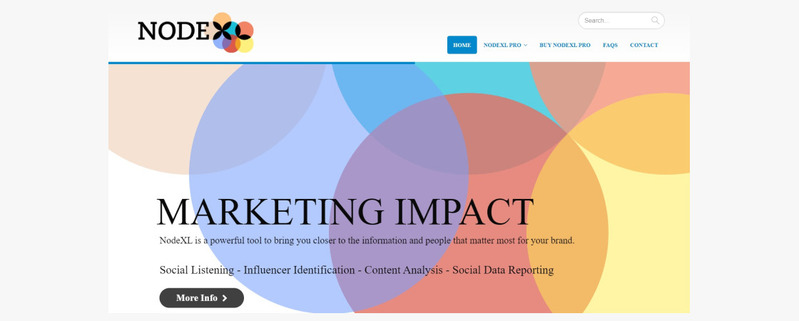
7. Pubbly
Pubbly is a robust social media analytics platform that allows you to monitor the performance of your accounts across various platforms, including Instagram, Facebook, X (Twitter), and others.
You can track the reach of your posts, follower engagement rate, as well as detailed metrics such as likes, comments, and profile growth over time.
The tool also allows you to identify which posts and stories perform best, providing valuable data on the type of content that resonates most with your audience.
Additionally, Pubbly offers powerful strategic insights, such as the click-through rate (CTR), which helps measure the effectiveness of your calls to action.
With this information, you can optimize your campaigns, adjust posting frequency, and create more targeted content, ensuring continuous engagement and consistent growth of your social media.
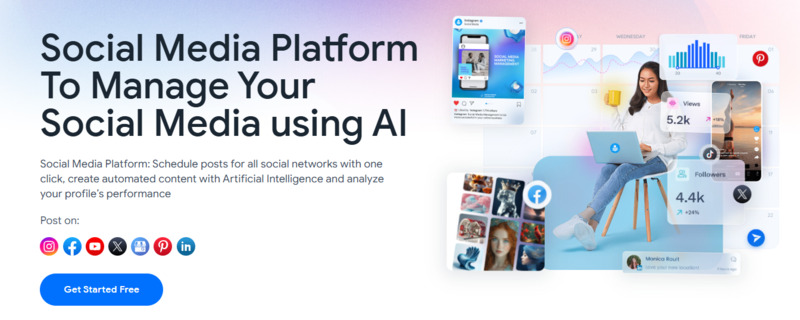
What are the other features Pubbly has for Instagram?
Pubbly goes far beyond just social media analytics. It was designed to be the ultimate tool for those who need to manage social media in a simple, practical, and efficient way.
With Pubbly, you will have:
- Simplified Scheduling: Schedule posts for Instagram (images, Stories, Carousel, Reels), Facebook, X (Twitter), Google Business Profile, Pinterest, and LinkedIn with a single click. Plan an entire month of content effortlessly.
- AI-Generated Content: Use Pubbly AI to automatically create and schedule posts with text, images, and videos (coming soon) in a practical and efficient way.
- Results Analysis: Monitor social media performance with detailed reports and discover insights to improve your strategies.
- Exclusive Designs: With Pubbly + Adobe Express, create posts, logos, and more with amazing templates that look like they were made by a professional designer.
- Texts that Sell: Generate optimized copies and captions with AI to attract followers and quickly boost your sales in an easy and practical way.
- Integrated Management: Manage multiple accounts in one place, without the need to switch logins.
- Teamwork: Assign specific permissions to team members, ensuring organization and security in managing your social media.
Well, talking about the advantages of Pubbly for Instagram and social media management could take hours, as there are numerous features and benefits.
So, I invite you to see for yourself with a 7-day free trial. Are you in?

